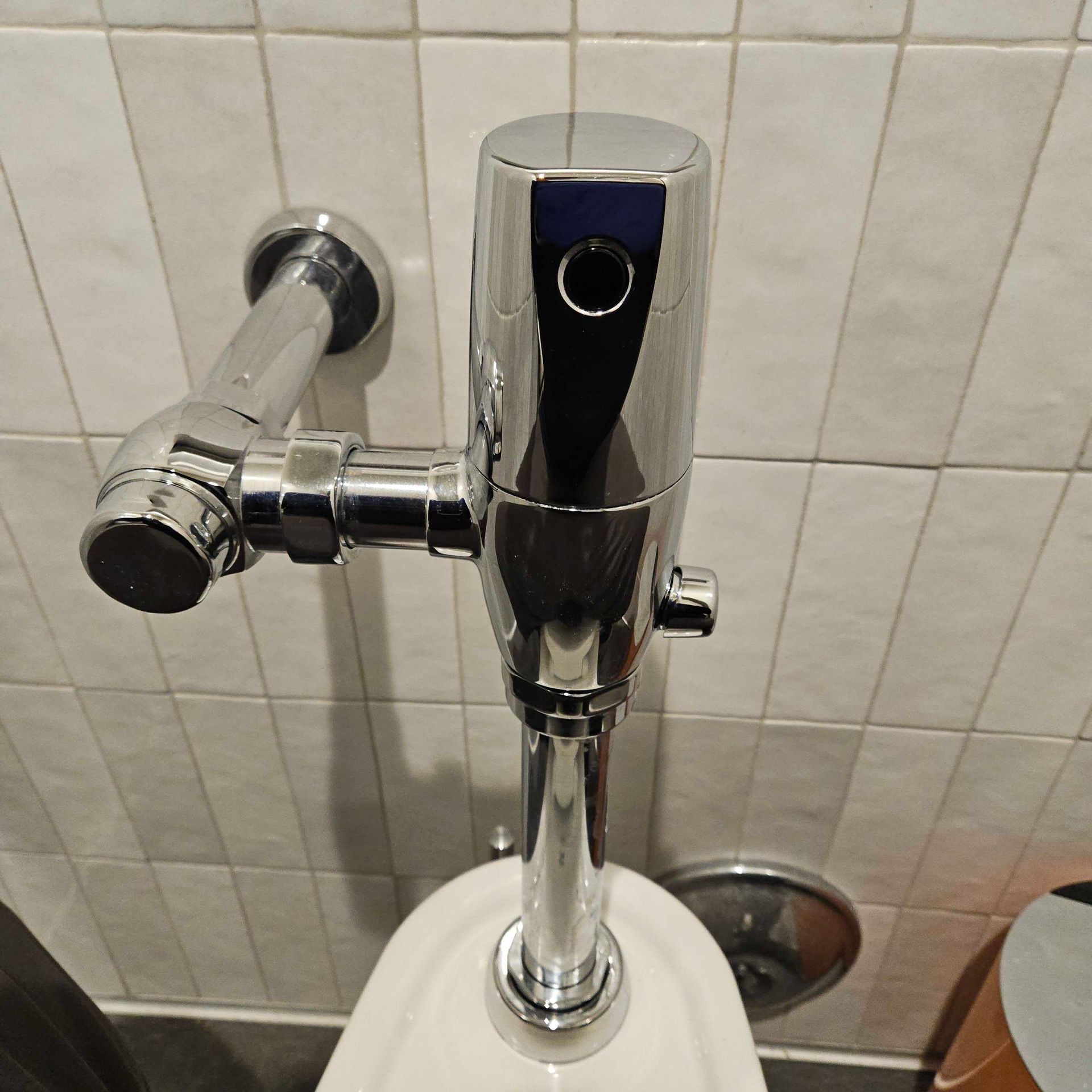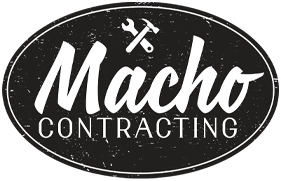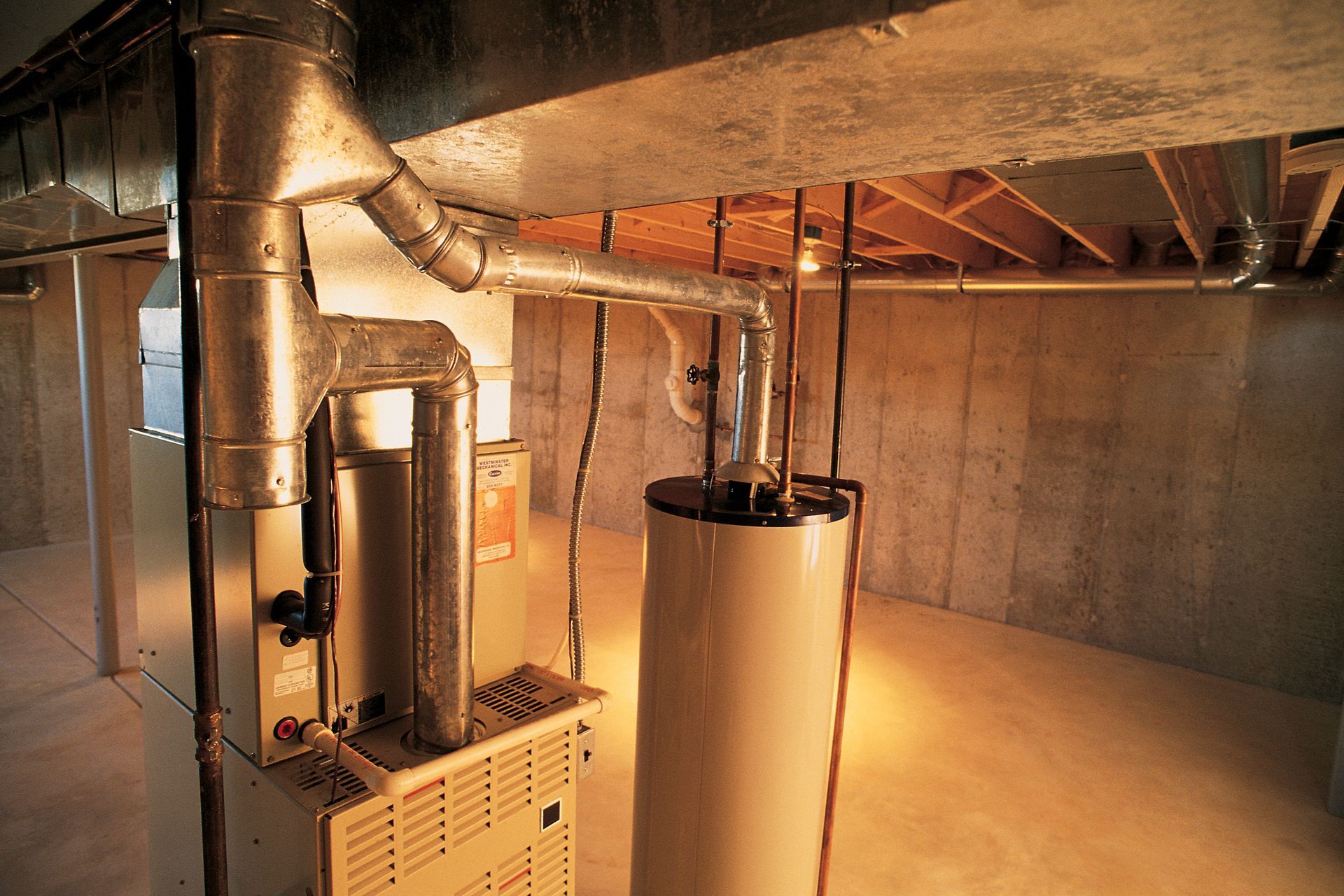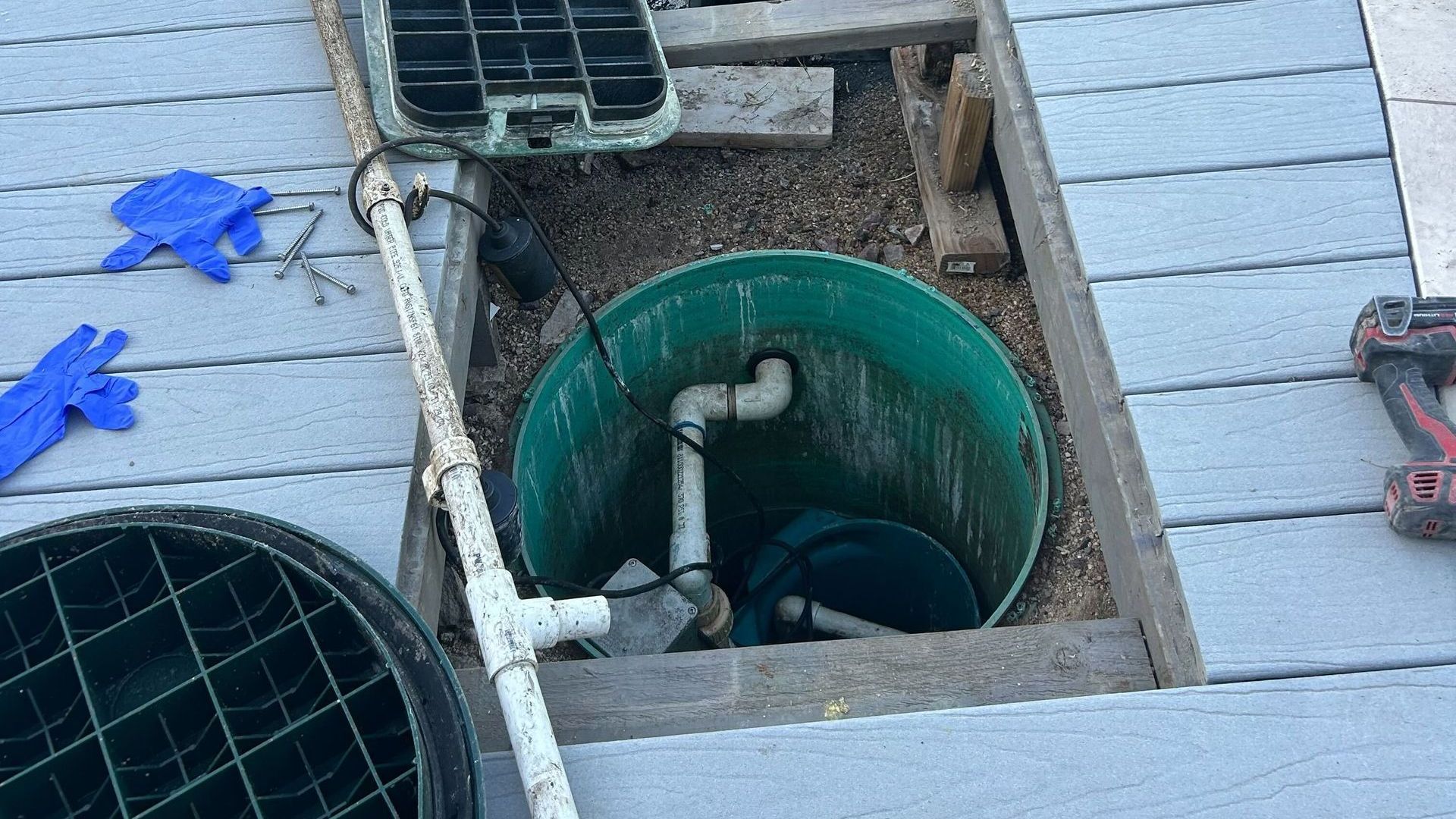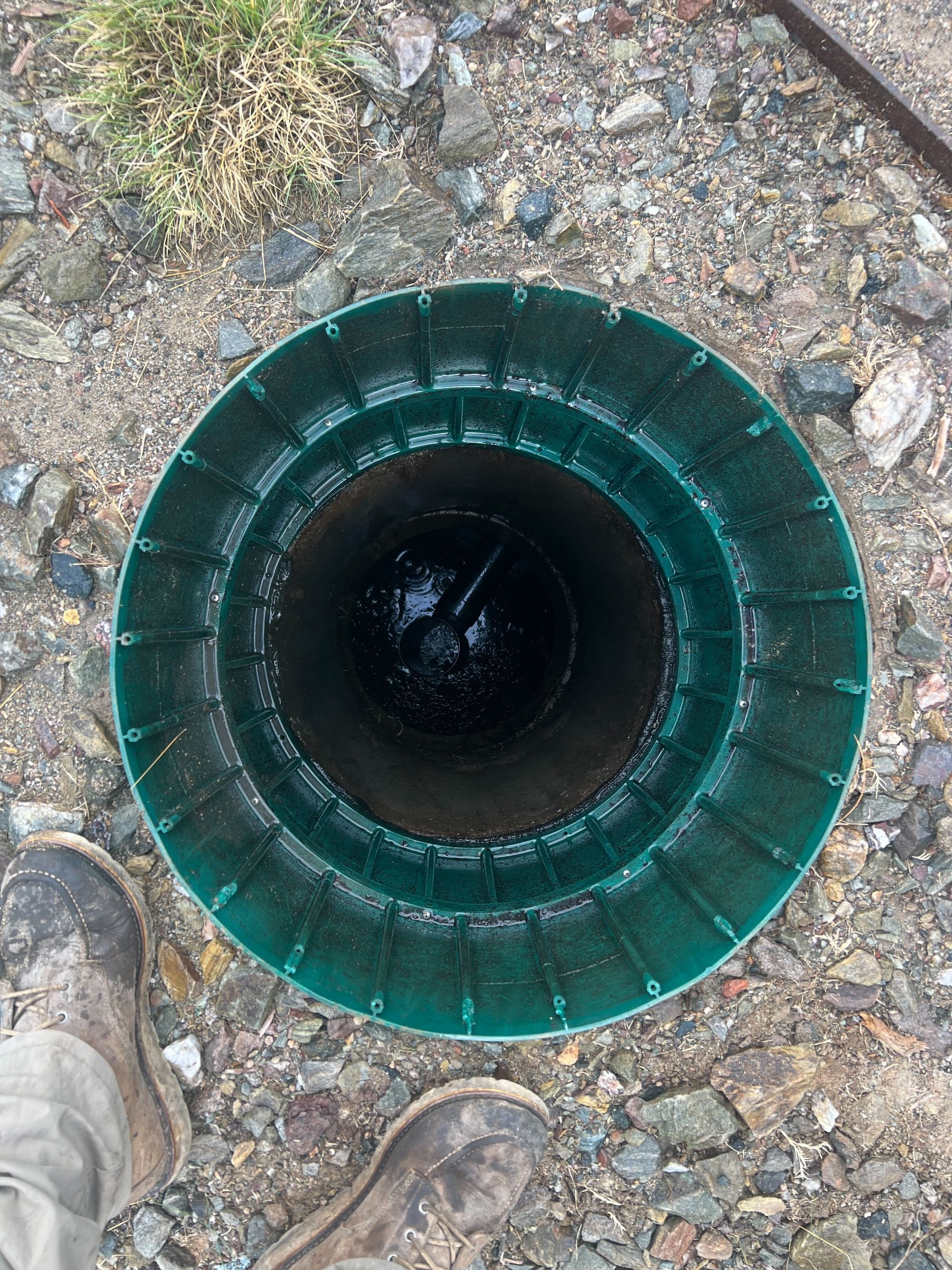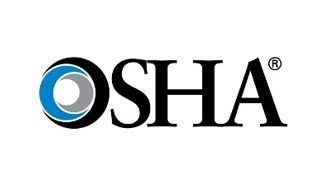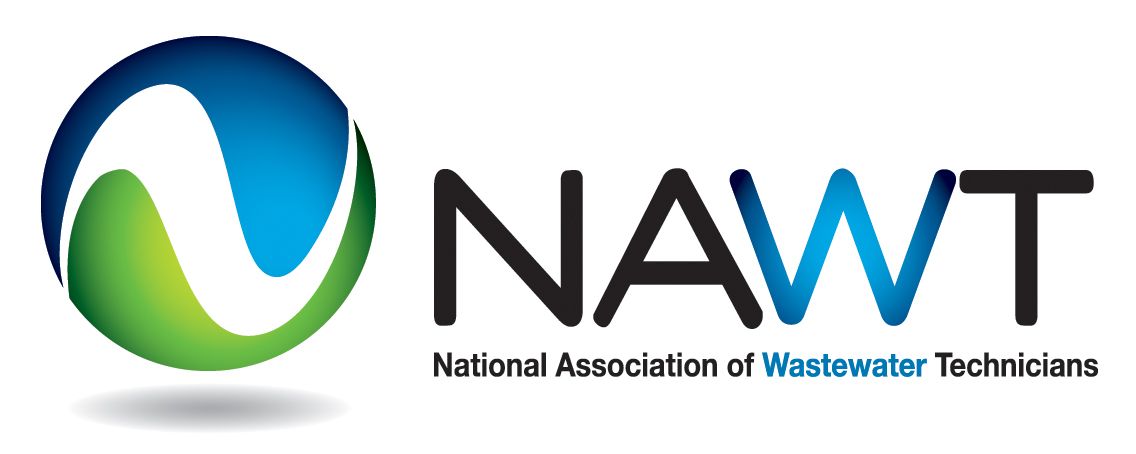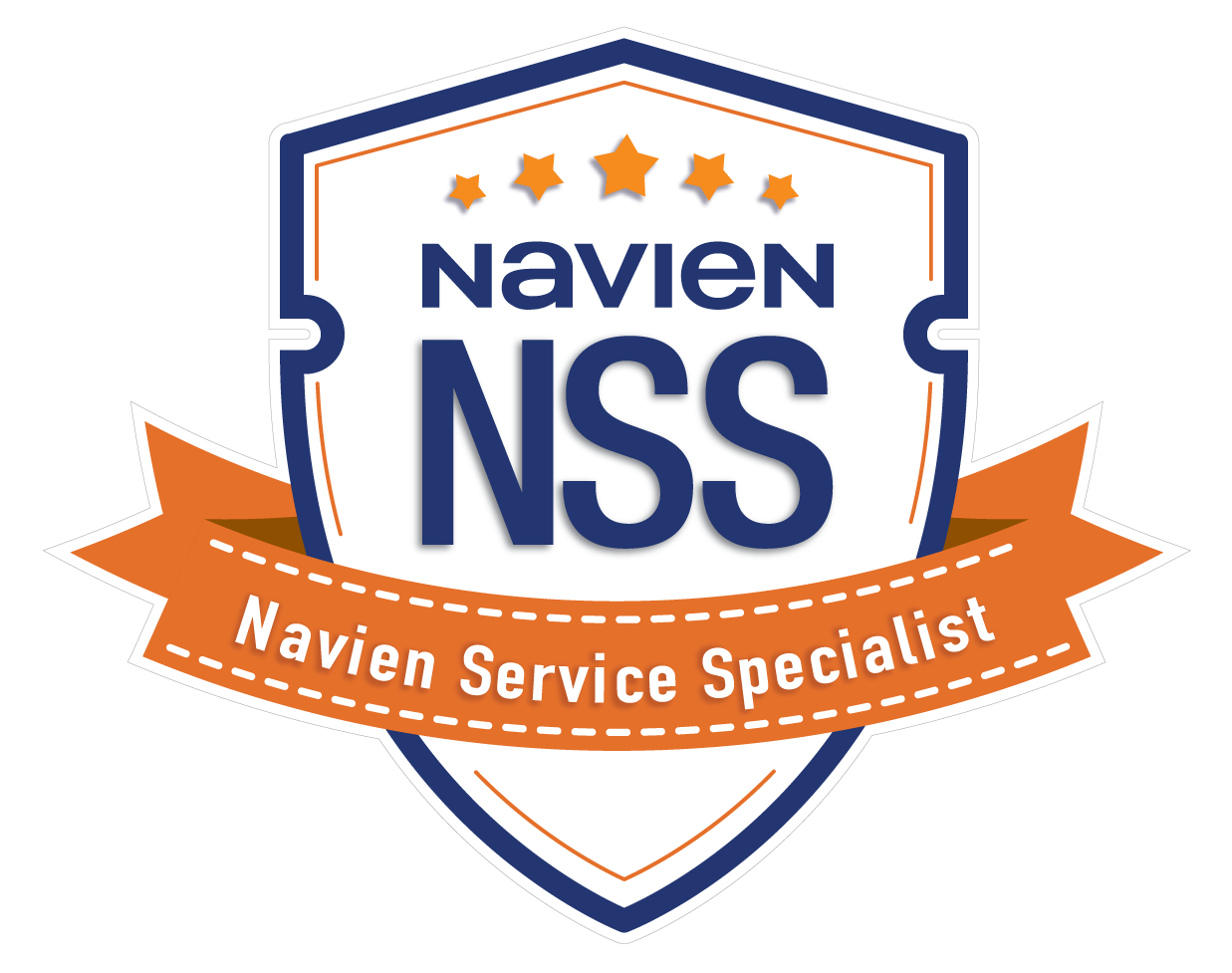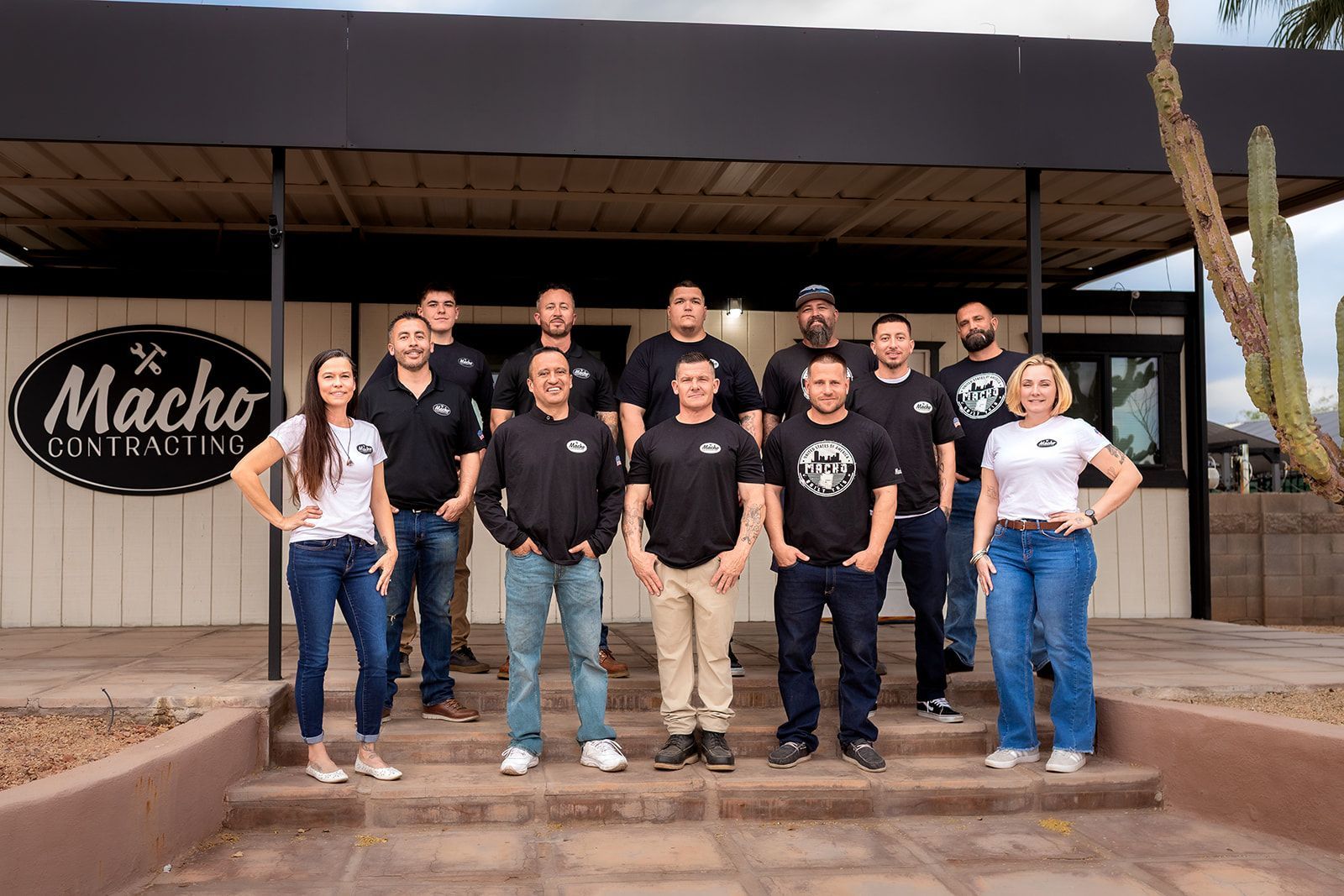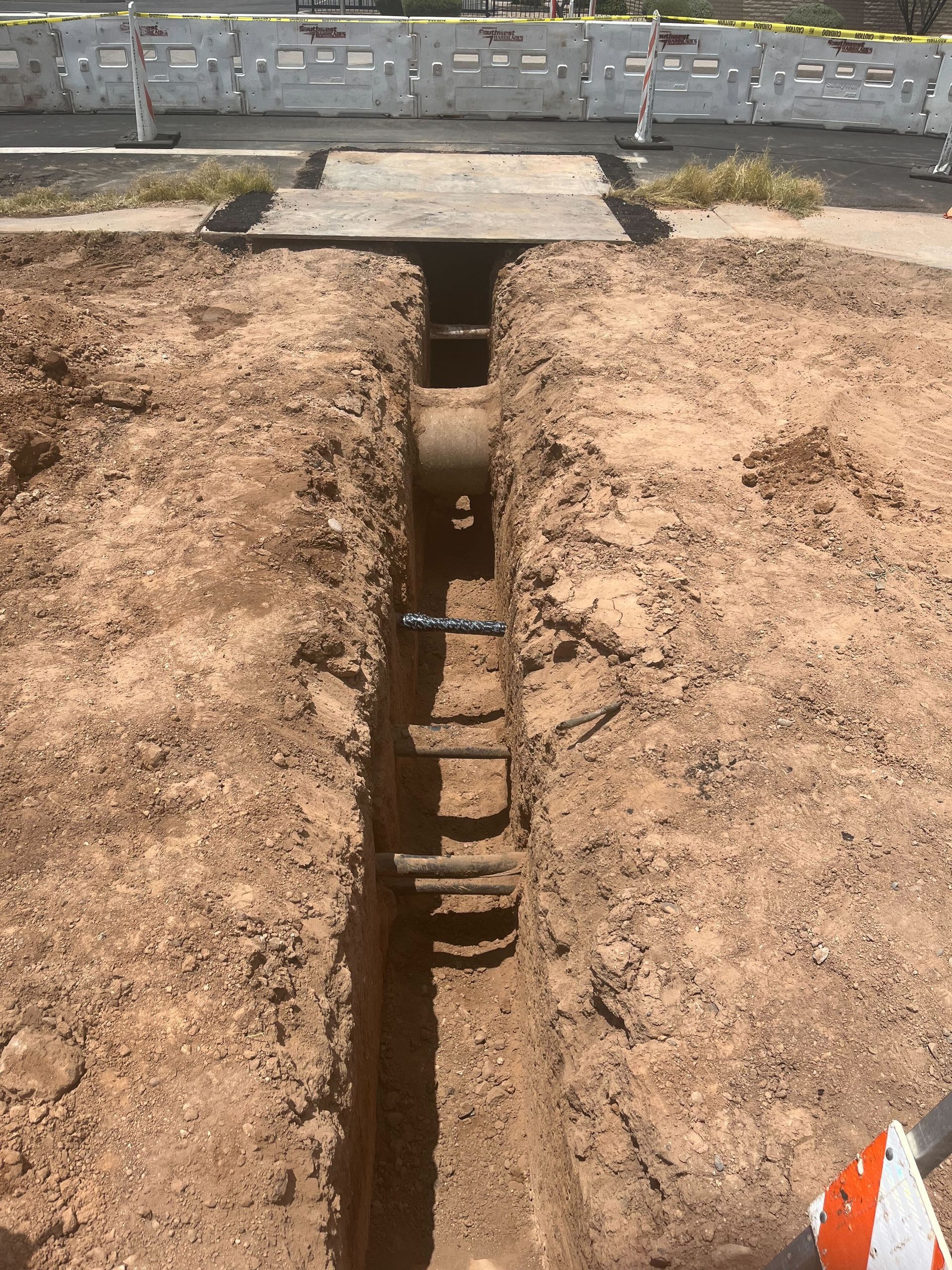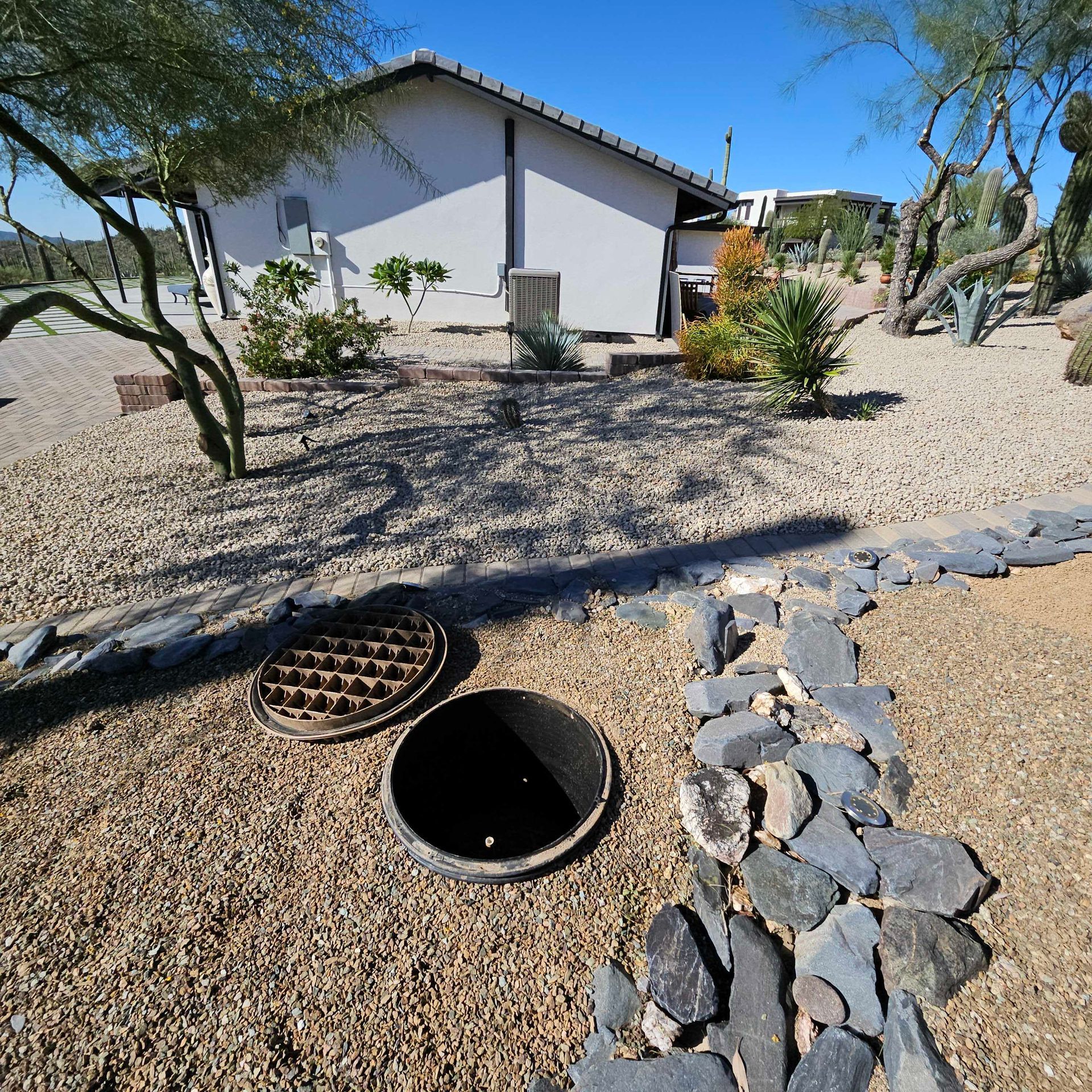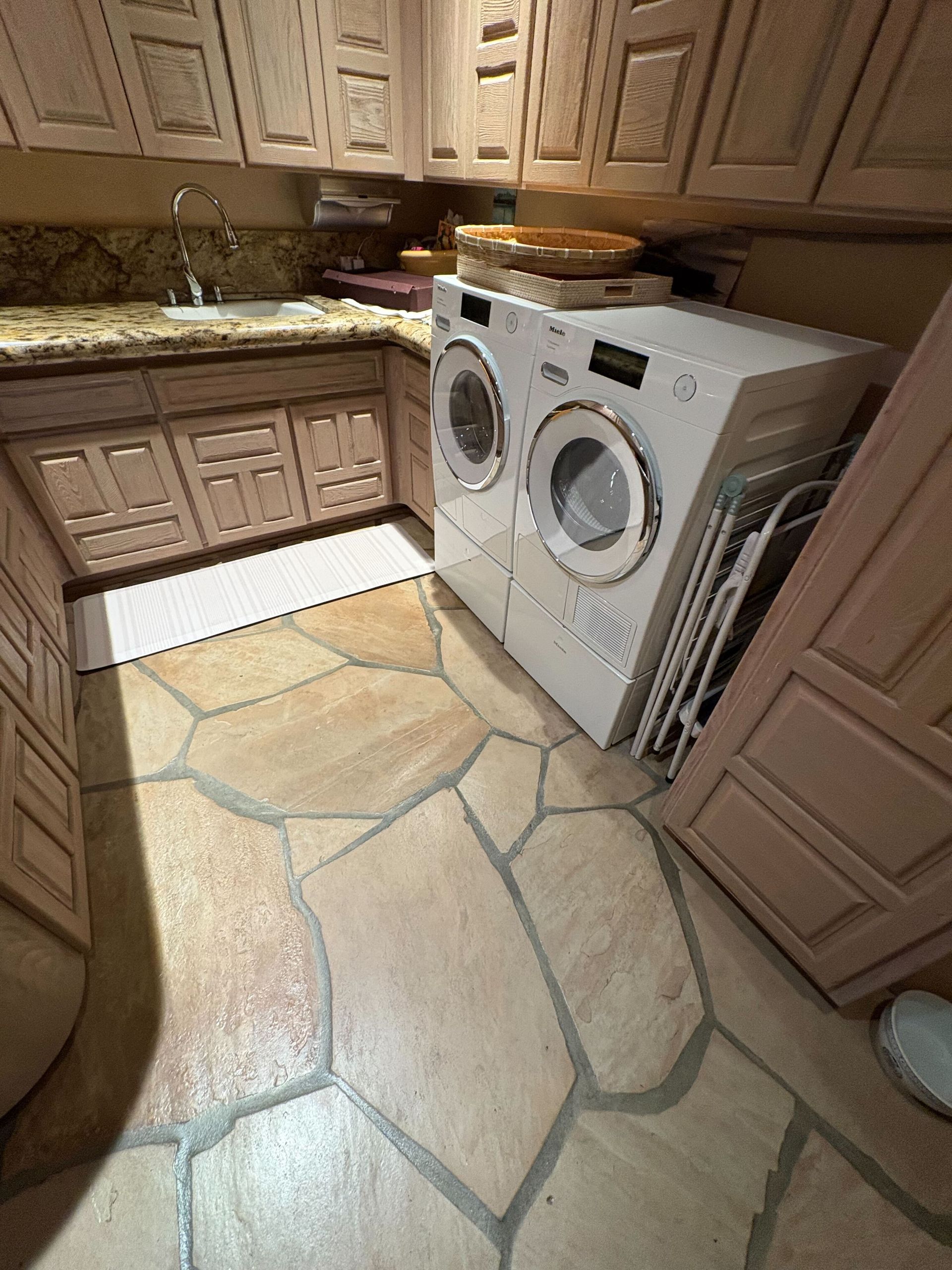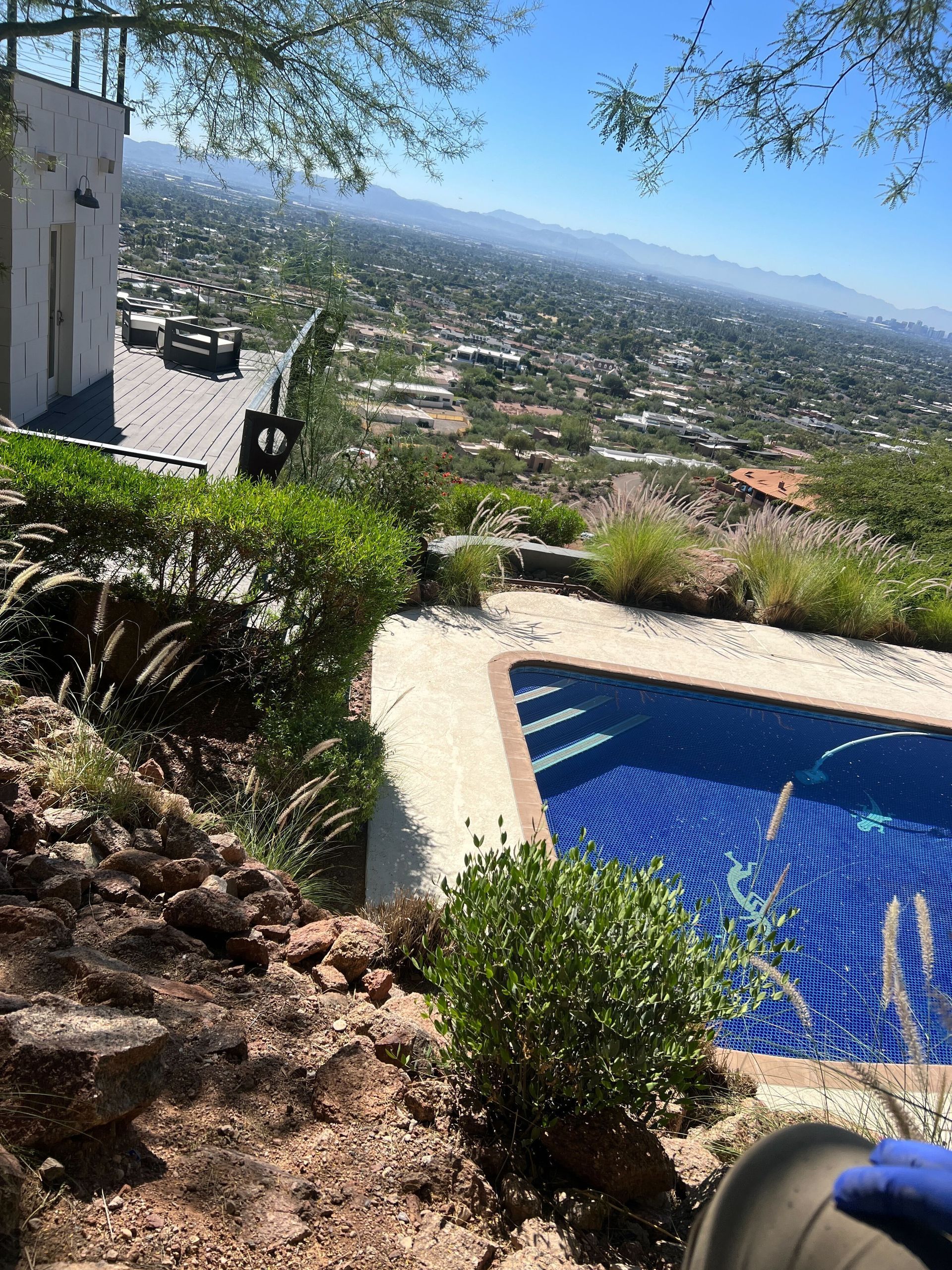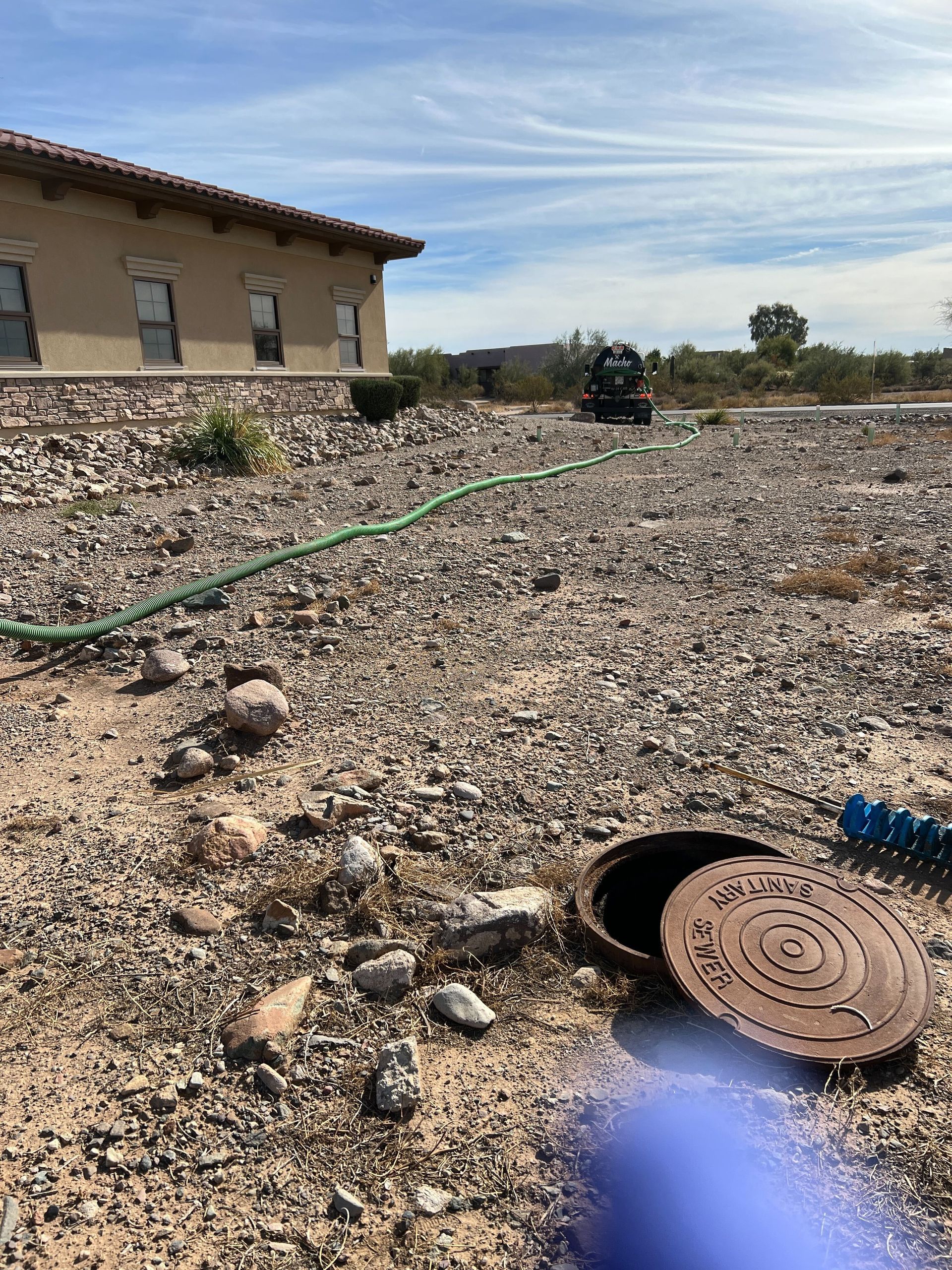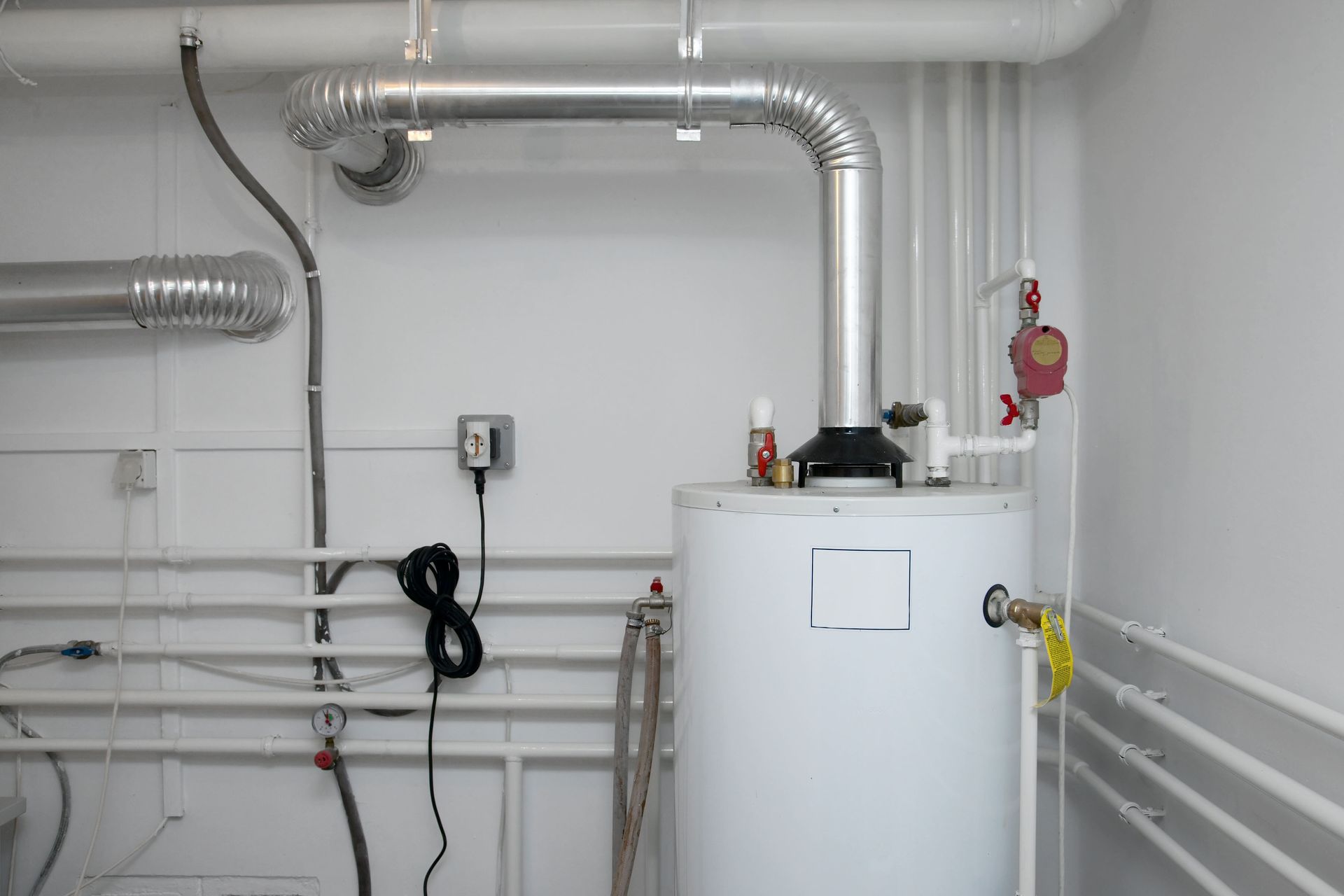November 26, 2025

Flushing items down the toilet might seem convenient, but it’s crucial to know what’s safe to flush and what’s not. Understanding this helps prevent plumbing issues, costly repairs, and potential damage to septic or wastewater treatment systems. Using the Macho Contracting "What Can I Flush?" infographic as a guide, let's break down the essentials:
What Can You Flush?
In simple terms, the only things you should be flushing down the toilet are human waste and toilet paper. That’s it! Here’s why:
- Toilet Paper: Specifically designed to dissolve in water, toilet paper is safe for your pipes and septic system.
- Human Waste (Poop and Pee): These break down naturally in wastewater systems and are meant to be flushed.
By sticking to these two items, you’re ensuring the smooth operation of your plumbing and septic systems.
What Should You Never Flush?
There are several items that people frequently think are flushable but aren’t. Flushing these things can clog your pipes, damage your septic system, or create significant problems for wastewater treatment facilities Let’s go through some common culprits:
- Flushable Wipes: Despite the name, these wipes do not break down as easily as toilet paper. They can cause blockages in both household plumbing and municipal sewage systems.
- Food: Whether it's leftovers or scraps, food should never be flushed. It doesn’t break down properly in the wastewater system, leading to potential clogs.
- Diapers: Diapers are designed to absorb liquid and expand, making them a nightmare for your plumbing if flushed.
- Napkins and Paper Towels: These items are more durable than toilet paper and do not dissolve easily, making them hazardous to your pipes.
- Grease: While grease might be liquid when hot, it solidifies when it cools. This can cause severe clogs in your pipes.
- Baby Wipes: Just like flushable wipes, baby wipes do not dissolve well in water, leading to blockages.
- Cat Litter: Flushing cat litter not only clogs pipes but can introduce harmful chemicals or bacteria into the water system.
- Toys: Accidental or intentional flushing of toys by children can cause immediate blockages. Not only are toys non-biodegradable, but their shape can obstruct pipes in various ways.
The Environmental Impact
Flushing improper items down the drain can have a significant environmental impact. Clogged pipes can cause sewage backups that may overflow into your home or even into the local environment. This poses a health hazard and may require extensive, costly repairs.
Additionally, when items like wipes and diapers reach wastewater treatment plants, they are more difficult to filter out and contribute to the growing problem of "fatbergs"—large masses of waste material that can block sewer systems.
What to Do Instead
If you’re unsure whether something is flushable, it’s best to throw it in the trash. Items like wipes, food, and grease should be disposed of in their respective bins to ensure they don’t harm your plumbing system or the environment.
Pro Tip for Homeowners
If you have a septic system, it’s especially important to pay attention to what goes down your drain. Septic systems are more sensitive than city sewer systems, and once a blockage occurs, it can cause significant damage. Regular maintenance, such as septic inspections and pumping, can help prevent these issues. However, prevention starts with proper disposal habits.
By sticking to the basics—only flushing toilet paper and human waste—you’re doing your part in keeping your plumbing running smoothly and protecting your home from costly repairs.
This simple rule of thumb can save you a lot of headaches, time, and money!
